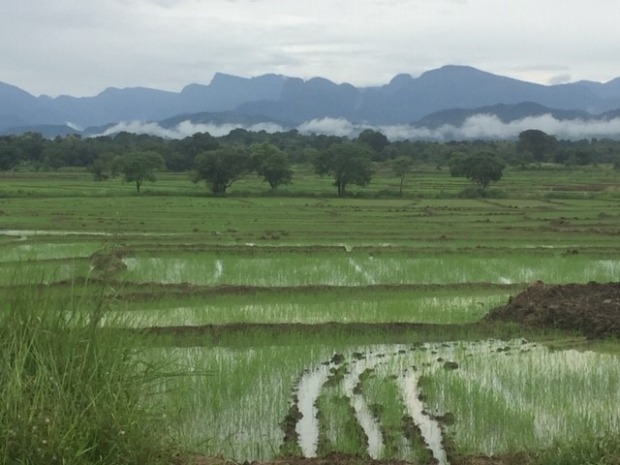
According to the National Library of Medicine, Chronic Kidney Disease of Unknown etiology (CKDu) is a major public health issue, particularly in agricultural areas, areas with high temperatures, and areas with great exposure to toxins. This disease has sparked a lot of research to understand its causes. Here are what are thought to be the main reasons behind this illness.
1. Agricultural Activities:
CKDu is often associated with agricultural activities, especially in hot climates. Farmers, especially those engaged in tasks such as harvesting sugarcane, rice, and other crops, face increased risks due to heat stress, dehydration, and potential exposure to agrochemicals, or chemicals used in agriculture such as biocides and synthetic fertilizers.
2. Dehydration:
Long-term dehydration, which is often worsened by working in hot conditions without proper hydration habits, can put a strain on the kidneys. Dehydration can cause the kidneys to function poorly and increase the risk of developing CKDu. Agricultural workers are advised to stay hydrated while they work.
3. Enviornmental Toxins:
Exposure to various environmental toxins, such as heavy metals like cadmium and lead, as well as agrochemicals like pesticides and herbicides, have also been linked to CKDu. These harmful substances can accumulate in the body through skin absorption, inhalation, or ingestion, and have a negative impact on kidney health.
4. Heat Stress:
Working in hot environments, which is often the case in agricultural settings, especially in Sri Lanka, can result in heat stress and potentially harm the kidneys. According to The New England Journal of Medicine, Dehydration and imbalances in electrolytes caused by heat stress can put a strain on the kidneys and increase the risk of developing CKDu.
5. Lifestyle Choices:
According to the National Library of Medicine, poor lifestyle choices like smoking, drinking too much alcohol, and making unhealthy food decisions can impact the development of CKDu. These choices may lead to conditions like high blood pressure, diabetes, and obesity, all of which seem to increase the risk of kidney disease as well.
6. Lack of Healthcare Access:
In areas with high CKDu rates, access to healthcare services may be restricted. This can result in delays in diagnosis, insufficient treatment of underlying issues, and difficulties in carrying out preventive actions.
Addressing the Challenges:
In order to stop the spread of CKDu, it’s important that more research be done on the potential causes of this disease. By focusing on bettering working conditions in agriculture, encouraging proper hydration habits, minimizing exposure to environmental toxins, and improving healthcare accessibility in high-risk areas, we can take significant steps in lessening the impact of CKDu.
In summary, CKDu is a complex condition influenced by various environmental, occupational, lifestyle, and genetic factors. By recognizing and tackling these potential causes, we can make strides in preventing and managing CKDu more efficiently, ultimately enhancing kidney health and overall well-being in vulnerable populations.
Sources:
